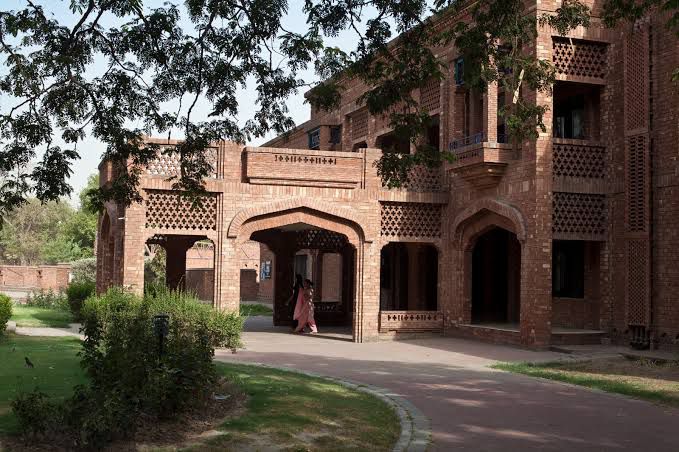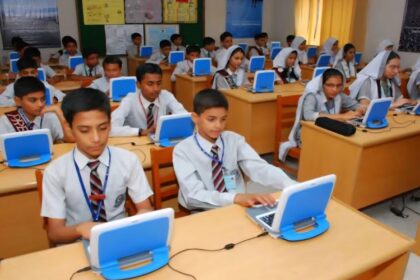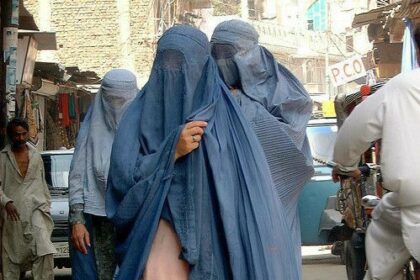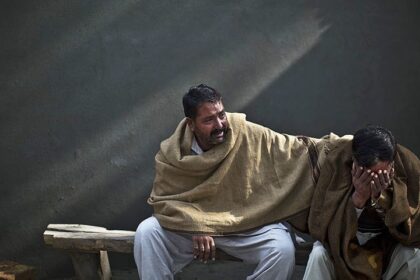Two days ago, a student at Kinnaird College fell from the first floor of a campus building. What followed was not just a tragedy but an institutional failure to respond with the urgency and care a human life demands.
She lay on the ground, visibly injured and bleeding, for over forty minutes. Eyewitnesses report that students and teachers pleaded for help, with one faculty member even bringing her personal vehicle to transport the student to a hospital but was not permitted to proceed. Despite all this, first aid was neither administered nor allowed. In the absence of trained medical response, a member of the janitorial staff repeatedly attempted to make the student sit up and splashed water on her injured faceŌĆöactions likely stemming from panic, but tragically inappropriate under the circumstances.
Among the most distressing details were the apprehension expressed by some students who had been with the victim shortly before the fall. Rather than being supported, they feared they might be blamed for what had happened, further deepening the atmosphere of confusion on campus.
As one student shared, ŌĆśShe was on the ground for 40 minutes. I did see that.ŌĆÖ Another added, ŌĆśShe might have survived if she had been taken to the hospital on time.ŌĆÖ There were more than three hospitals located directly across the road, a reminder that help was not far, only inaccessible. These firsthand reflections come from students still recovering from witnessing a preventable loss.
The administration declared a day off the following day, officially citing a laptop distribution ceremony. But within the student body, it was widely perceived as an effort to manage protest and avert scrutiny. Meanwhile, KinnairdŌĆÖs official Instagram page responded to media coverage by posting screenshots labeling reports as ŌĆ£fake,ŌĆØ while disabling comments to prevent public engagement.
Let us be clear: a fall from the first floor is not, in itself, typically fatal. But what may well have been survivable became fatal due to the absence of timely medical intervention and the paralysis of administrative response.
Jarida Today stands with the students, faculty, and witnesses who have shown more courage and compassion than the structures meant to protect them. We do not speak to sensationalise. We speak because silence is complicity.
This moment does not call for performative gestures or vague reassurances. It calls for a complete internal investigation, clearly communicated safety protocols, trained emergency responders on campus, and most importantly, basic institutional empathy. These are not excessive demands, but a call for and from the people who make up the community at Kinnaird.
If institutions expect trust, they must first prove they value life.
┬Ā
















